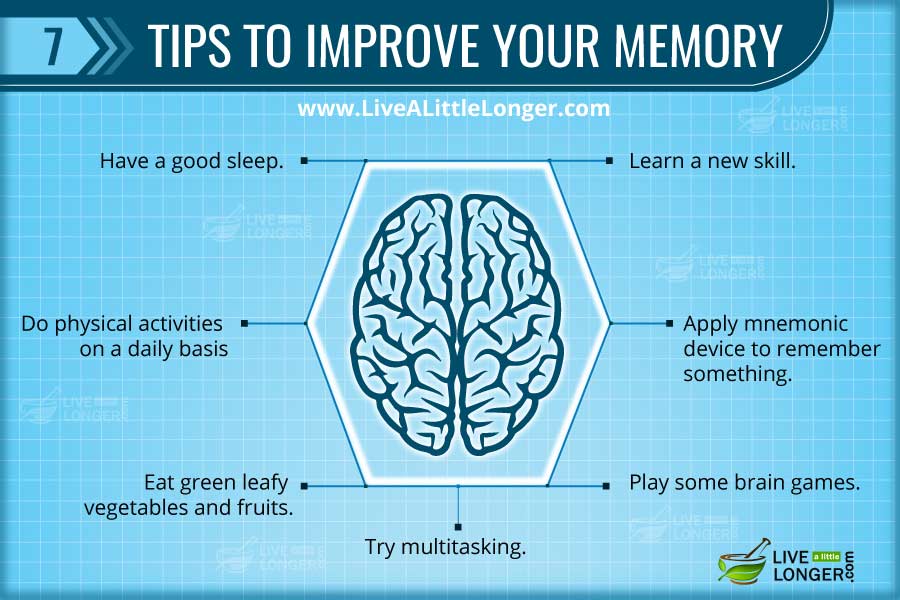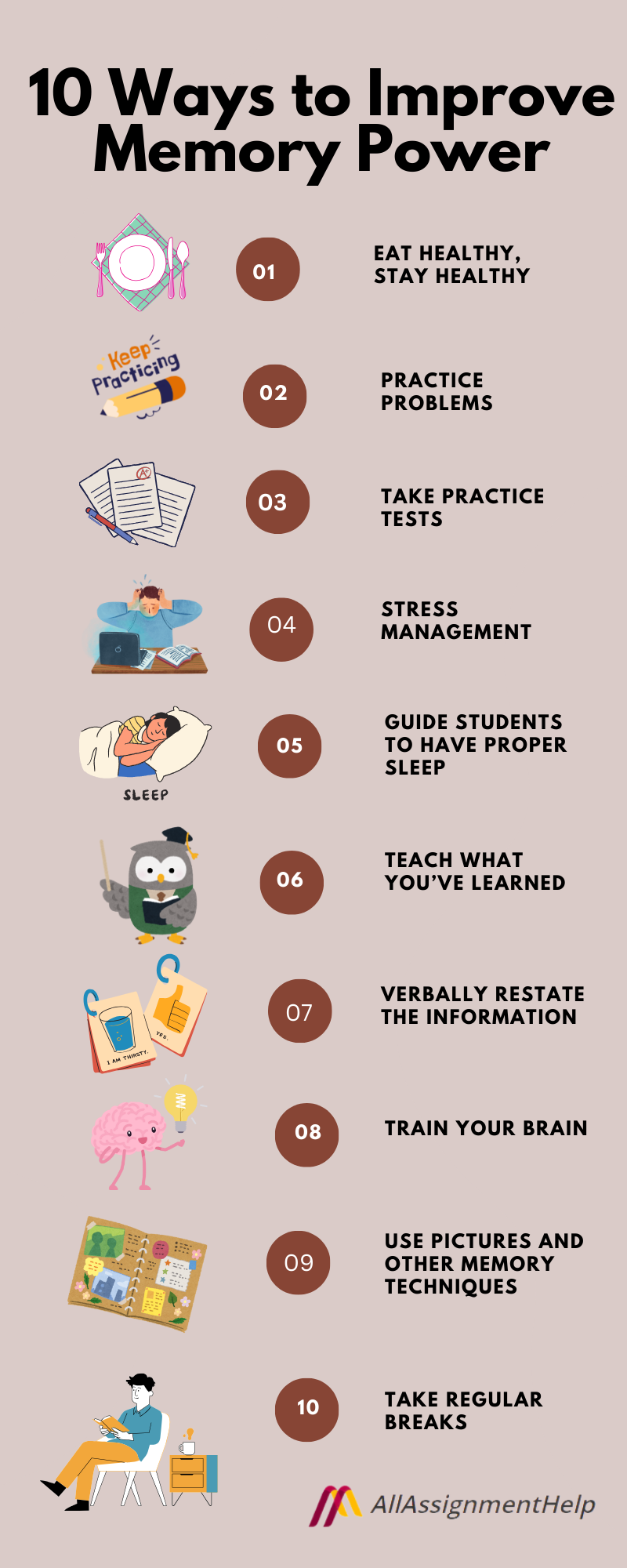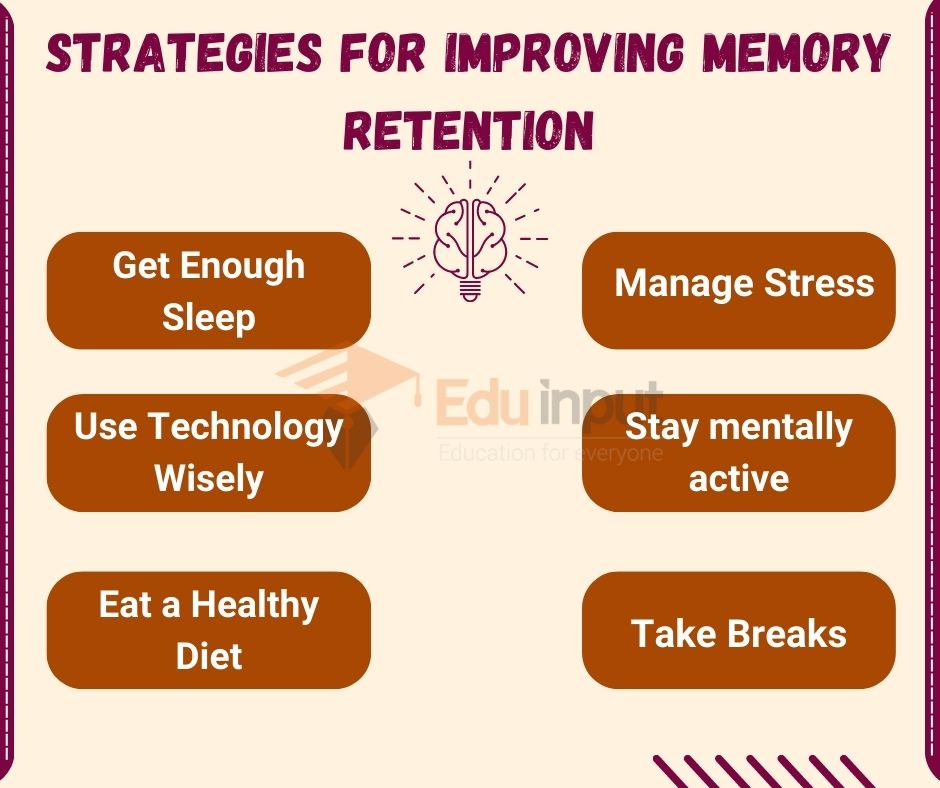Things To Help With Memory Retention

Memory slipping? Don't panic. New research points to actionable strategies for immediate memory improvement.
This article distills the latest scientific findings into practical tips you can implement today to boost your memory retention and combat forgetfulness, based on multiple studies across the globe.
Optimize Your Sleep Schedule
Sleep deprivation significantly impairs memory consolidation. Aim for 7-9 hours of quality sleep per night.
According to a study published in "Nature Neuroscience," sleep strengthens neural connections crucial for long-term memory.
Prioritize a consistent sleep schedule for optimal cognitive function.
Harness the Power of Spaced Repetition
Spaced repetition involves reviewing information at increasing intervals. This technique drastically improves long-term retention.
The "Journal of Cognitive Psychology" has shown spaced repetition to be far more effective than cramming.
Utilize flashcard apps or create a study schedule that incorporates this method.
Embrace Active Recall
Active recall, or testing yourself on information, is superior to passive reading. It forces your brain to retrieve information, strengthening memory traces.
A study in the "Journal of Educational Psychology" found that active recall leads to better retention than simply re-reading notes.
Try quizzing yourself or summarizing material from memory.
The Memory Palace Technique
The Memory Palace, also known as the method of loci, involves associating information with specific locations in a familiar space.
By visualizing information in a physical location, you create vivid and memorable associations.
Use it to remember lists or sequences, transforming abstract concepts into visual narratives.
Dietary Impacts on Memory
Certain foods can enhance cognitive function and memory. Include omega-3 fatty acids, antioxidants, and flavonoids in your diet.
Research published in "Neurology" suggests that a Mediterranean diet is associated with slower cognitive decline.
Incorporate foods like fish, berries, nuts, and leafy greens into your meals.
Stay Hydrated
Dehydration can impair cognitive function, including memory. Drink plenty of water throughout the day.
A study from the Institute of Psychiatry demonstrated that even mild dehydration can negatively impact short-term memory.
Carry a water bottle and aim to drink at least eight glasses of water daily.
Mindfulness and Meditation
Mindfulness and meditation practices can reduce stress and improve focus, both of which are essential for memory retention.
Studies from Harvard Medical School show that regular meditation can increase gray matter in the brain, which is linked to memory.
Practice mindfulness exercises or try guided meditation for even 10 minutes daily.
The Role of Exercise
Physical exercise boosts blood flow to the brain and stimulates the growth of new neurons. It significantly improves memory.
The "Journal of Alzheimer's Disease" reported that regular exercise can reduce the risk of cognitive decline and improve memory function.
Aim for at least 30 minutes of moderate-intensity exercise most days of the week.
When to Seek Professional Help
If memory loss is sudden, severe, or interfering with daily life, consult a doctor. Cognitive decline can be a sign of a medical condition.
Early intervention can often slow down or manage memory-related disorders.
Consult your healthcare provider for personalized advice.
The strategies outlined above represent a synthesis of current scientific understanding. Incorporating these techniques into your daily life can significantly enhance your memory retention capabilities and improve cognitive function.


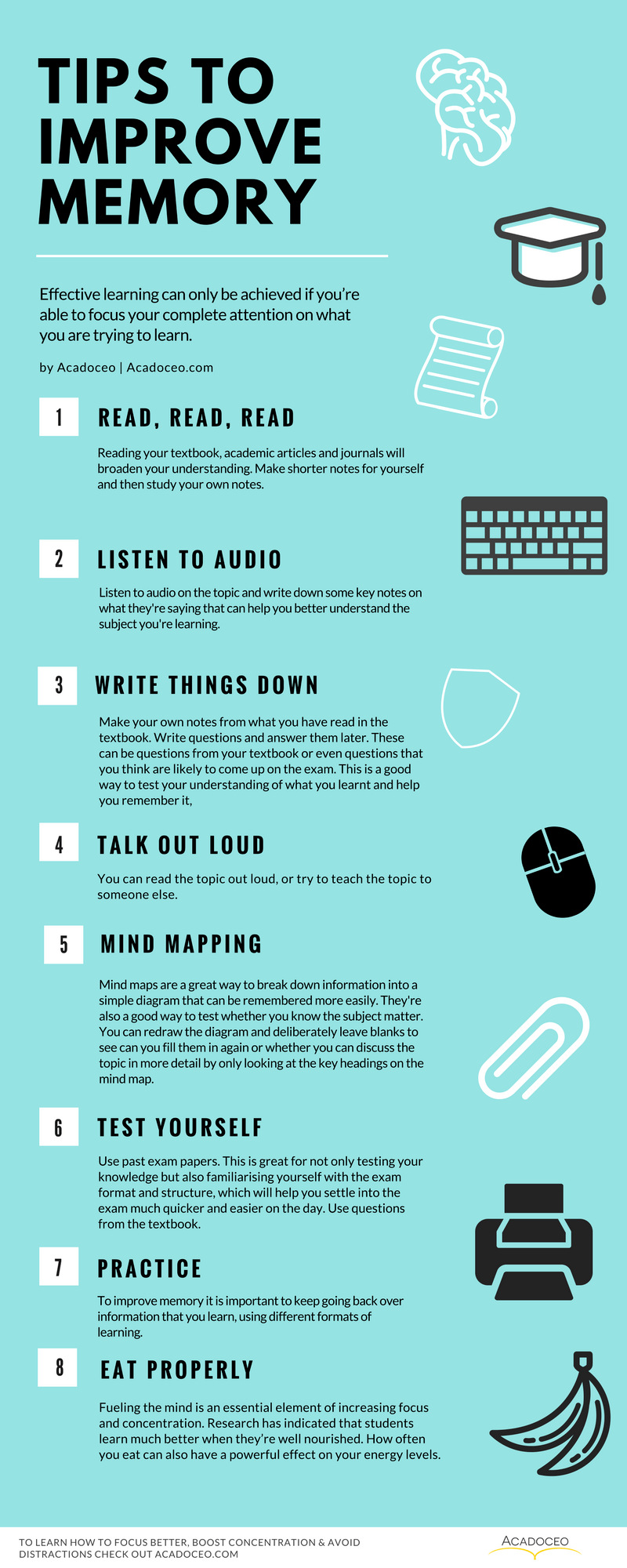
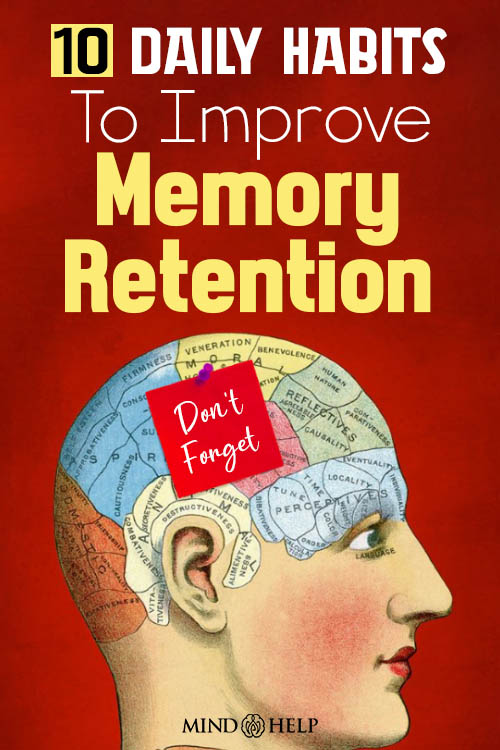
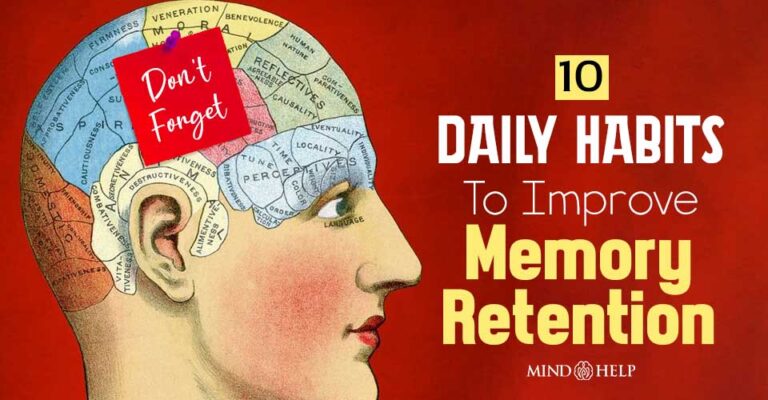



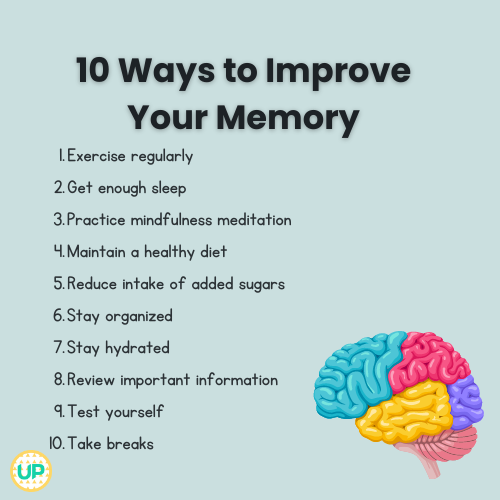.png?format=1000w)
